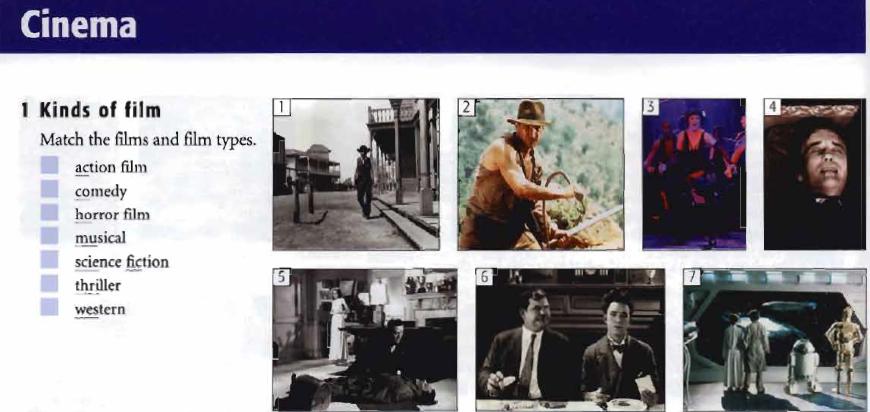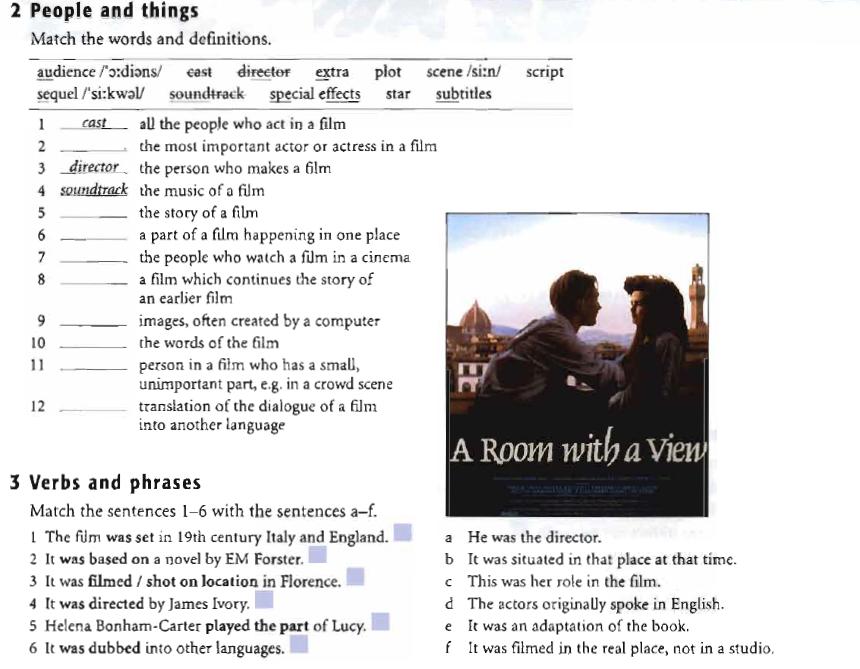|
Photography Vocabulary http://staff.drewloker.com/vocabulary/Vocabframe.htm
Book page 154
British kids spending 5 hrs with TV each day: studyhttp://www.abc.net.au/news/2008-01-21/british-kids-spending-5-hrs-with-tv-each-day-study/1018622
Updated In Britain, 80 per cent of children aged between five and 16 years have a television in their bedrooms and more than half watch it while they are eating dinner. Between TV and computers, British children are on average in front of an electronic screen for more than five hours a day. Source: AM | Duration: 3min 32sec
TONY EASTLEY: There's more evidence from Britain that children are spending more and more of their lives in front of an electronic screen and far less time outdoors. In Britain, 80 per cent of five to 16-years-old have a television in their bedrooms and more than half watch television while they're eating dinner. Between television and computers, British children are on average in front of an electronic screen of one sort or another for more than five hours a day. Europe correspondent, Rafael Epstein, reports. RAFAEL EPSTEIN: Each year the ChildWise market research company surveys around 1,100 children in the UK. According to this year's survey, kids spend less and less time playing together like this. (Sound of kids playing together) And they spend more and more time watching things like this on television. (Excerpt from a children's television show) ACTOR: There's more than one kind of zebra. ACTOR 2: That's right. ACTOR: How do you ever tell them all apart? ACTOR 2: Well, maybe it would help to take a closer look at a movie or two. ACTORS: Yay! (End excerpt) RAFAEL EPSTEIN: For more than five hours a day, children and teenagers are watching TV while many are also simultaneously chatting with their friends online and accessing social networking sites. 58 per cent of five to 16-year-olds watch during their evening meal, and 63 per cent lie in bed watching the screen before they go to sleep. In contrast, only one quarter of the children read a book each day and just over half look at a book just once a week. Rosemary Duff is the Research Director of ChildWise: ROSEMARY DUFF: It's part of their lives. They don't really think about it. It's just there. It is all pervasive. They wake up in the morning to television, they have ... the great majority of children have television sets in their own room, and it's always around, it's there. And the internet is also increasingly where they go for entertainment and games and to communicate with their friends and so on. So, it's filling quite multiple purposes in their lives and it's very, very central. RAFAEL EPSTEIN: Did you measure in any way how it affects particularly young children if they're watching television, you know, in the beginning, middle and end of the day? ROSEMARY DUFF: They look at a lot of their world through the reflection of what they see on the screen. They're learning from those, which puts quite a responsibility onto broadcasters. They're used to a very high level of stimulus, so visual, fast-moving, colourful, very high production values and so on, and they do sometimes project that into their own lives and expect the same sort of things to happen there. I think if you give a child a choice and say, "Would you rather watch television or would you rather go out and play?" a lot of them would prefer to go out and play, but often enough, that's just not possible. We do quite a lot of discussion groups with children and they will say, "I'd rather go out, I'd rather climb trees, I'd rather play football with my mates". RAFAEL EPSTEIN: Why isn't that happening? ROSEMARY DUFF: I think life is more complicated, which makes it harder just to let the children go and do what they want to do. I think it's very sad that they're not getting the pleasure that you can get from reading books, and that's being pushed sideways and there's less and less reading books going on, because I think that encourages imagination in a way that television is less able to do. I think whether it's television or doing stuff online and so on, you're much more dealing with processes that have been put together for you, and you're kind of reassembling and rejigging them, rather than really having your own ideas. TONY EASTLEY: Rosemary Duff, the Research Director of ChildWise, speaking with Rafael Epstein.
12 years a slave Or we can read the book on handsome format in the web and hear the audio book in https://librivox.org/twelve-years-a-slave-by-solomon-northup/ Trailer
You can also watch this trailer with subtitles https://www.youtube.com/watch?v=Pou85VFf2zQ
Dictation (http://en.wikipedia.org/wiki/Triangular_trade
If the Atlantic dried up, we would find a path of human bones spread across a triangle Africa, London and the Caribbean
Song Amazing Grace https://www.youtube.com/watch?v=u4qbmPpfG6s
"Amazing Grace (My Chains Are Gone)"
Amazing grace
How sweet the sound That saved a wretch like me I once was lost, but now I'm found Was blind, but now I see 'Twas grace that taught my heart to fear And grace my fears relieved How precious did that grace appear The hour I first believed My chains are gone I've been set free My God, my Savior has ransomed me And like a flood His mercy reigns Unending love, amazing grace The Lord has promised good to me His word my hope secures He will my shield and portion be As long as life endures [2x] My chains are gone I've been set free My God, my Savior has ransomed me And like a flood His mercy reigns Unending love, amazing grace The earth shall soon dissolve like snow The sun forbear to shine But God, Who called me here below, Will be forever mine. Will be forever mine. You are forever mine.
I once was lost, but now I'm found (passive voice) Passive voice Book page 140 6B
previous class next class Home
|
||||||||||||||||||||||||||||||||||||||||||||||||||||||||||||||||||||||||||||||||||||||||||||||||||||||||||||||||||


